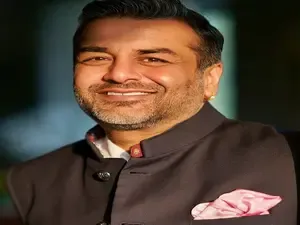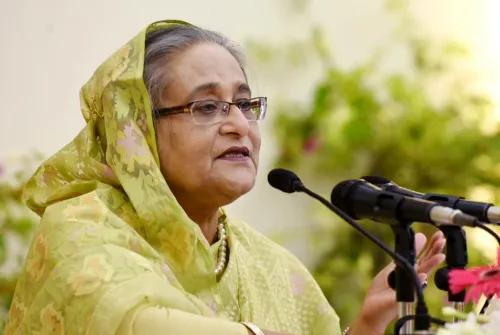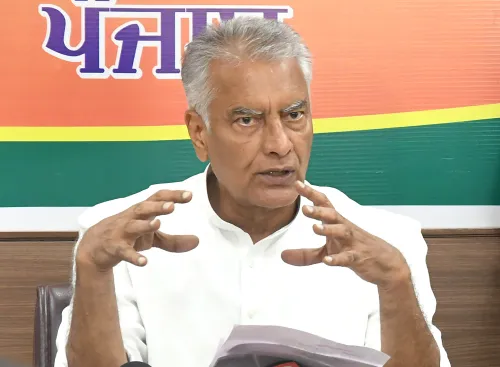Why Did the Delhi Court Order In-Camera Hearings in Samir Modi's Rape Case?

Synopsis
Key Takeaways
- Delhi court ruling: Hearings to be held in-camera for privacy.
- Samir Modi's arrest: Occurred upon his return from Europe due to allegations filed.
- Legal implications: Case raises questions about judicial integrity and privacy.
- Accusations: Both parties present conflicting narratives.
- Public interest: The case highlights the balance between privacy and public scrutiny.
New Delhi, Sep 19 (NationPress) A Delhi court has ruled that proceedings in the rape case against businessman Samir Modi, sibling of former IPL head Lalit Modi, will be conducted in-camera. The decision from the Saket Court followed a plea by the complainant's attorney for a private hearing, citing the sensitive nature of the allegations.
Despite opposition from Samir Modi's legal representative, who argued that bail hearings are generally public, the court deemed the request reasonable and mandated that the hearings be held behind closed doors.
Additionally, the Saket Court has extended the police remand of Samir Modi by two days, although the Delhi Police had initially sought a three-day extension.
Samir Modi was apprehended on Thursday at Delhi’s IGI airport after returning from a business trip to Europe, following a Look-Out Circular issued against him. He had been placed in one day of police custody initially.
The arrest was triggered by an FIR filed last week at the New Friends Colony Police Station by a woman who claimed she had a long-term relationship with Samir Modi since 2019. In response, his legal team has characterized the allegations as false and fabricated, asserting they were aimed at extorting him.
In a public statement, Samir Modi’s attorney pointed out that Modi himself had filed complaints on August 8 and 13, accusing the same woman of extortion and blackmail, which included WhatsApp messages demanding Rs 50 crore.
Describing the police's actions as hasty, the statement read: “This is a clear case of misuse of legal provisions and rushed police actions without fact verification. Samir Modi had even met the investigating officer regarding this matter before traveling abroad, only to be arrested upon his return to India.
The credibility of the complaint was also called into question, stating: “A thorough review of the alleged complaint reveals the claims of serious offences to be exaggerated and unfounded. The accusations refer to incidents purportedly occurring over four years, raising concerns about the motives behind the complaint.
According to the complainant’s own account, alleged meetings occurred in public venues, including restaurants and offices. The intention of the complainant appears to be malicious and lacking any basis in truth,” it continued.
Samir Modi, who is entangled in various business litigations, is portrayed in the statement as “a reputable businessman who… trusts the judiciary and investigative agencies to address the matter swiftly and justly.”










